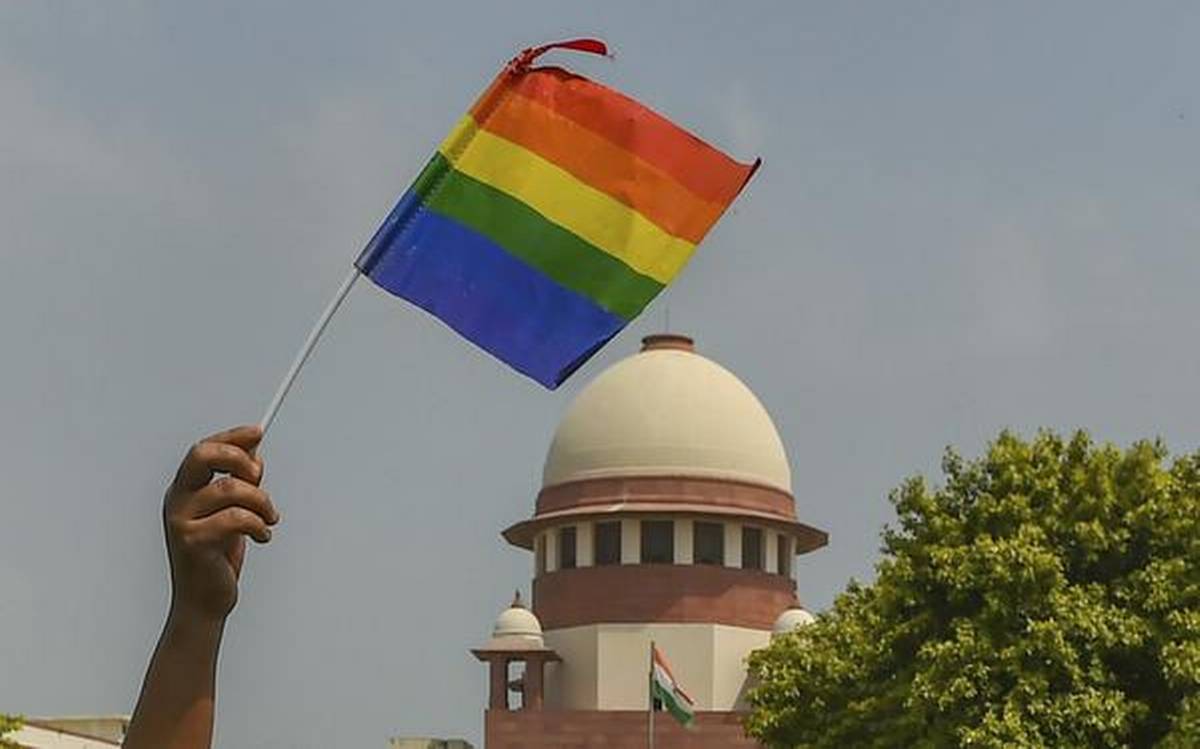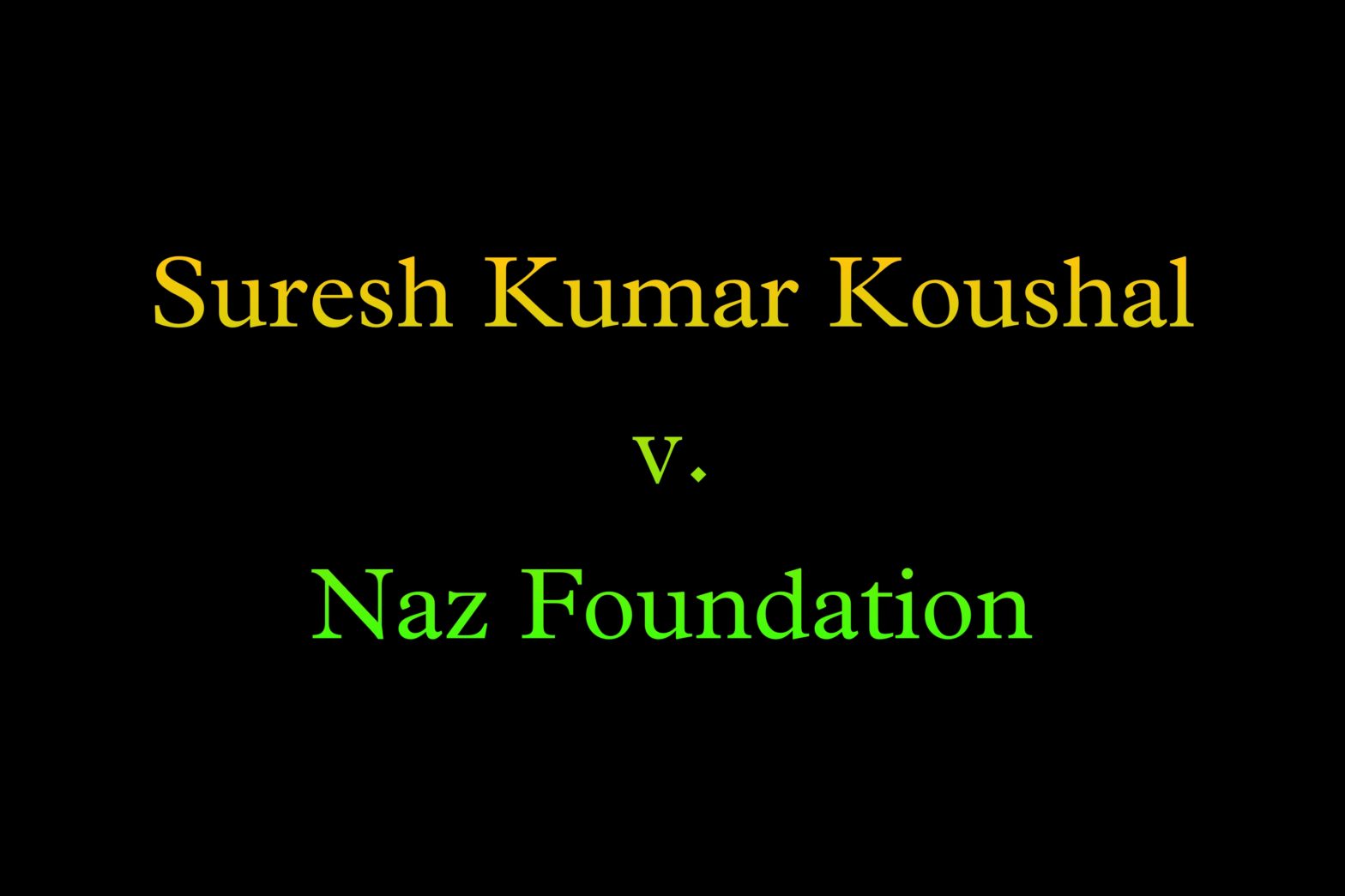Citation: Civil Appeal No. 10972 Of 2013, (2014) 1 SCC 1
Date Of Judgement: 11 December 2013
Facts
The NAZ Foundation (India) Trust (NI) is a New Delhi based NGO that has been working on HIV/AIDS and sexual health from 1994 onwards. They filed a writ petition in the Delhi High Court challenging the constitutional validity of Section 377 of the Indian Penal Code. This section penalizes unlawful sexual acts ‘against the order of nature which has the effect of criminalizing even consensual sexual intercourse between two adults of the same sex or even of the opposite sex indulging in penile non-vaginal sexual activities. The petitioner contended that Section 377 encroached upon Articles 14, 15, 19 and 21 of the Constitution of India and also that the section ought not to criminalize consensual penile non-vaginal sex between two consenting adults of the same sex.
In a milestone judgment conveyed on July 2, 2009, the Delhi High Court decided that Section 377 of the Indian Penal Code, 1860 disregarded various fundamental rights, including the right to privacy and right to dignity under the fundamental right to life and liberty (Article 21), the right to equality (Article 14), and forbiddance of separation on grounds of sex (Article 15). The said decision was appealed against in the Supreme Court of India in the Suresh Kumar Koushal and another v NAZ Foundation and Others case and it was held that the Delhi High Court was wrong in its findings and was also wrong in reading down the section to allow consensual homosexual activities between two adults of the same sex.
Issue
The major issues that emerged before the Court for its attention and consideration involved the violation of Fundamental Rights under Article 14, 15 and 21 of the Constitution of India. In this paper, the author will be dealing with two of the major issues.
- Whether Section 377 violates any of the provisions of Part III of the Constitution of India and therefore whether it is constitutionally valid or not?
- Whether Section 377, in so far it criminalizes consensual sexual activity of two adults of the same sex in private, is violating Article 21(Right to life and personal liberty) guaranteed by the Constitution of India?
Holding

The court held that those who indulge in carnal intercourse in the ordinary course and those who indulge in carnal intercourse against the order of nature constitute different classes and the people falling in the latter category cannot claim that Section 377 suffers from the vice of arbitrariness and irrational classification.
Comment
Consensual sexual activities between two adults of the same sex should not be regulated by law as it violates their Fundamental Rights and a person’s choice of the sexual accomplice is no business of the State to regulate on. Section 377 is abused to brutalize the persons belonging to the gay community. Popular morality, as distinct from constitutional morality as derived from constitutional values, is based on shifting notions of right and wrong and as of today, a large chunk of the elite population is in favour of LGBT rights and hence, this shows that the State is not even going by the popular morality but by its own morality and if there is any type of morality that can pass the test of compelling state interest, it should be constitutional morality.
